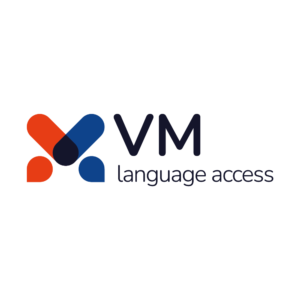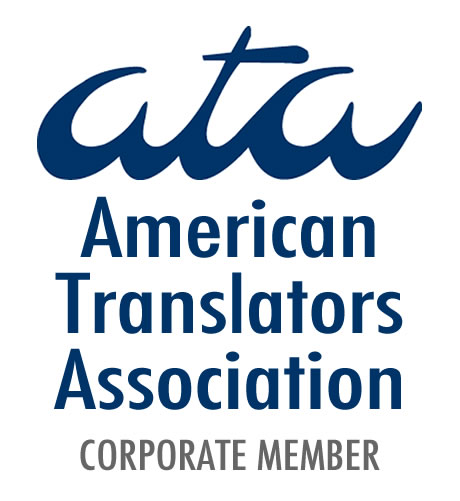
A Roadmap to Building a Successful Translation Career
Following a translation career can be a rewarding for those with a passion for language and communication. Translators play a crucial role in bridging linguistic and cultural gaps, allowing people from different backgrounds to connect and understand each other. Whether you dream of working as a freelancer, for a language service provider agency, or in-house for a company, here are some key steps to help you become a successful translator anywhere in the world.
Educational Background to Build a Translation Career
First and foremost, a solid educational foundation is essential for a career in translation. While a degree in translation or languages is not always required, it can greatly enhance your credibility and skills. Specialized translation programs offer courses in linguistics, grammar, writing, and cultural studies that can provide you with the necessary tools to excel in this field.
Mastering Multiple Languages
Fluency in at least two languages is a non-negotiable requirement for becoming a translator. It’s not enough to simply speak a foreign language; you must be able to understand the nuances of both source and target languages to accurately convey the message. Additionally, being familiar with the cultural context of both languages can help you avoid mistranslations and misunderstandings.
Hard Skills
- Language Proficiency: As a translator, you must have excellent writing and comprehension skills in your native language as well as the languages you are translating. This includes grammar, syntax, and vocabulary.
- Specialization: Many industries require specialized knowledge, such as legal or medical terminology. Developing expertise in a specific field can make you more attractive to potential clients.
- Translation Technology: Familiarity with translation tools like CAT (Computer-Assisted Translation) software can help you work more efficiently and accurately.

Soft Skills
- Cultural Sensitivity: Understanding and respecting cultural differences is crucial for accurate and effective translation. Being able to adapt your language to different audiences and contexts is key.
- Attention to Detail: Translators must be meticulous in their work to ensure accuracy and consistency. A small mistake can completely change the meaning of a text.
- Time Management: Meeting deadlines is a critical aspect of a translator’s job. Strong organizational skills and the ability to prioritize tasks are essential.
Building Your Portfolio
To establish yourself as a professional translator, it’s important to build a solid portfolio of work. This can include translations of different types of documents, such as legal contracts, marketing materials, or academic papers. Offering your services pro bono or at a discounted rate in the beginning can help you gain experience and build your reputation.
Networking and Marketing
Click here to follow VM Language Access
Networking is key to a successful translation career. Joining professional organizations, attending industry events, and connecting with other translators can help you stay informed about job opportunities and industry trends. Creating a professional website or online profile to showcase your skills and services is essential for attracting clients.
Becoming a translator requires a combination of educational background, language proficiency, hard and soft skills, experience, and networking. By honing your linguistic abilities, cultural awareness, and professionalism, you can embark on a fulfilling career as a translator anywhere in the world.











